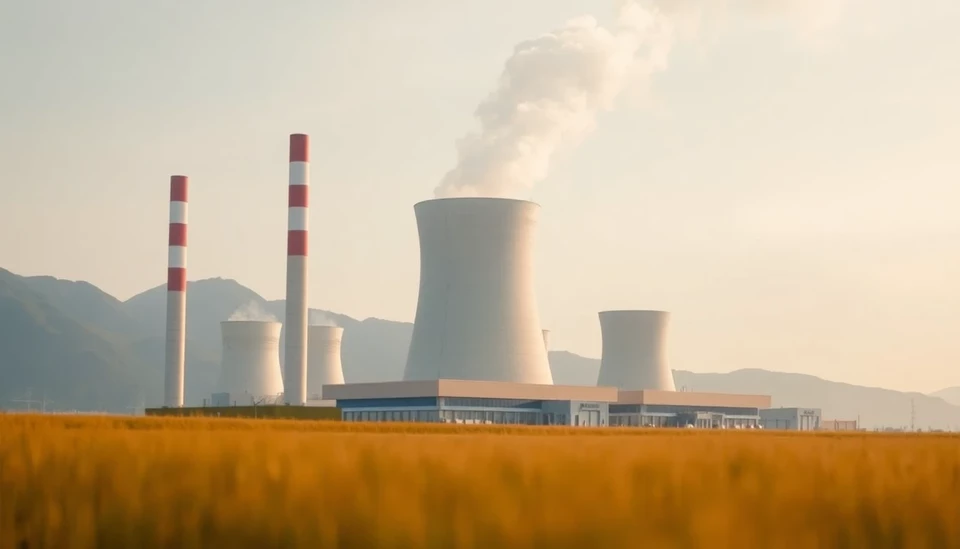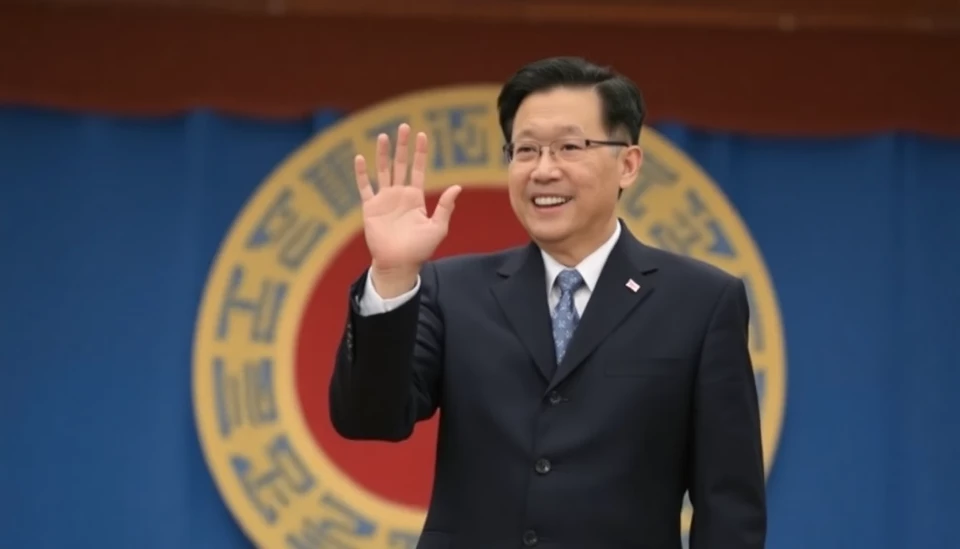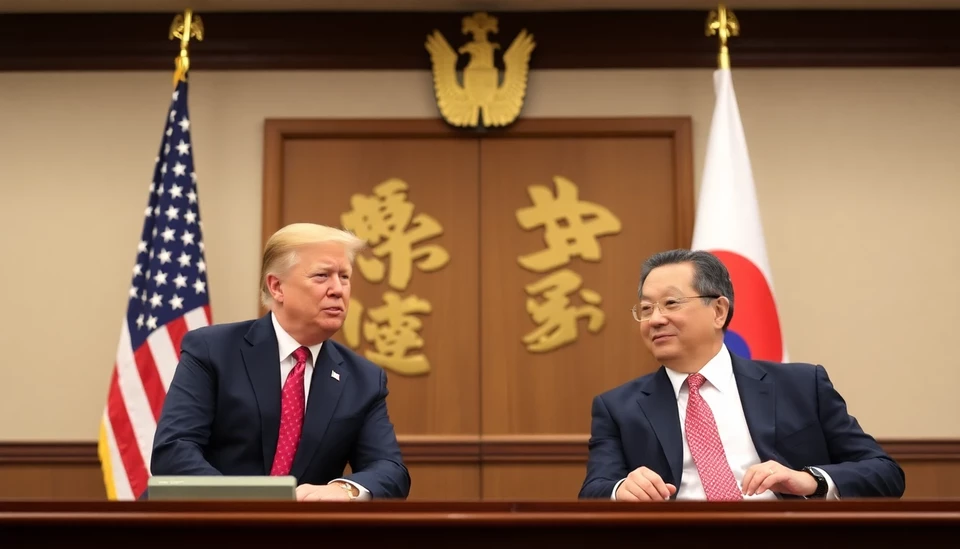
In a significant move reflecting growing apprehensions about cybersecurity, the operator of South Korea's nuclear power plants has decided to suspend the use of artificial intelligence services. This decision comes amid increasing fears regarding the potential vulnerabilities of critical infrastructure to cyberattacks.
The operator, Korea Electric Power Corporation (KEPCO), announced that it is temporarily blocking AI systems in a precautionary measure. This reaction aligns with a broader trend observed globally, where organizations managing sensitive data and infrastructure are becoming more cautious in the face of advancing technologies and the evolving cyber threat landscape.
KEPCO's decision influences a range of operations, particularly those related to the monitoring and management of nuclear facilities. The company noted that while AI has the potential to enhance efficiency and safety in operations, the risks associated with unauthorized access or manipulation of these systems cannot be overlooked.
The suspension reflects mounting pressure and scrutiny from government regulators and security agencies that are increasingly aware of the potential for sophisticated cyber threats targeting essential services. Recent incidents in various sectors have underscored the importance of implementing robust cybersecurity measures, particularly in industries where safety is paramount, such as nuclear energy.
South Korea has previously faced various cyber threats, including notable attacks that compromised financial institutions and government agencies. The constant evolution of these threats has prompted KEPCO to take a more conservative stance with regard to AI technology, despite its initial interest in leveraging AI for optimizing operations.
Experts in cybersecurity acknowledge the complexity of balancing innovation with security. As organizations like KEPCO navigate this landscape, there is a pressing need for developing comprehensive risk assessment strategies to ensure that the proliferation of AI does not inadvertently create new vulnerabilities in critical infrastructure.
Ultimately, KEPCO's decision to halt AI services is part of a growing recognition that cybersecurity must be a priority in the deployment of new technologies within sensitive sectors. As the industry moves forward, there is likely to be an ongoing dialogue about the intersection of technology, safety, and security, especially in relation to operations involving nuclear facilities.
As debates surrounding the risks and benefits of AI continue, the actions taken by Korea's nuclear plant operator serve as a crucial reminder of the paramount importance of safeguarding national infrastructure against emerging threats in an increasingly digital world.
In conclusion, while artificial intelligence holds promise for improving operational efficiencies in various fields, the looming security threats demand a cautious approach. Stakeholders are urged to prioritize risk management in their pursuit of innovation to ensure the safety and resilience of critical systems.
#Korea #NuclearEnergy #Cybersecurity #ArtificialIntelligence #KEPCO #Innovation #InfrastructureSecurity #TechnologyRisks #EnergySector
Author: Samuel Brooks




